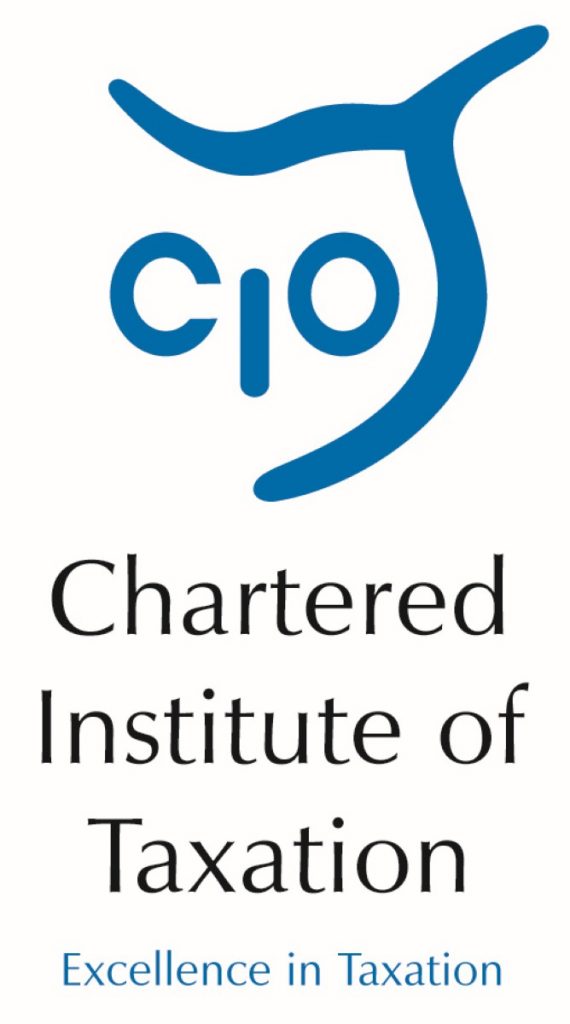The Low Incomes Tax Reform Group (LITRG) has given a cautious welcome to measures in today’s Autumn Statement aimed at those on low incomes.
LITRG Technical Director Robin Williamson commented:
“Headline increases in the personal allowance do not generally benefit the lower paid as much as the higher paid.
“However, the higher benefit awards, reductions in marginal deduction rates and increases in the living wage also announced today make the package of changes as a whole more attractive to the lowest earners.
“When the personal allowance is increased, those on middle and higher incomes generally gain more than those on lower incomes. Recipients of means-tested benefits such as universal credit benefit still less, because their benefit is withdrawn as their net income increases. Thus, if (let us assume) the personal allowance is increased by £1,000, a basic rate taxpayer who did not claim means-tested benefits gains by £200, while a universal credit claimant would gain by only £70 because 65% of their universal credit would be clawed back. (The same does not apply to tax credit claimants whose credit is assessed on the basis of their gross, rather than net-of-tax, income.)
“Obviously, people whose incomes are so low that they are not subject to tax at all see no benefit from increases in the tax threshold, so other ways must be found of helping them financially. The increase in the national living wage from £7.20 to £7.50 an hour from next April is of course welcome, although smaller employers must be given plenty of warning about changes to the whole suite of rates for the national minimum wage and that those new rates also apply from next April, as they will normally expect rises to happen in October and will therefore have to prepare more speedily than they would otherwise.
“The reduction of the universal credit taper rate on earned income from 65% to 63% is a small step in the right direction, in that it not only increases the universal credit received by the claimant, it also reduces the disincentive faced by those on high marginal deduction rates[1] to make financial progress through work. If the Government finds itself with more to invest in encouraging work and in-work progression among the low-paid, they would do well to consider reversing earlier cuts to the work allowance, the main work incentive element in universal credit.
“Another way of assisting those on incomes below the tax threshold would be by raising the personal threshold for NIC to a sum closer to the personal allowance, while maintaining the lower earnings limit – the point on the income scale at which workers become entitled to a national insurance record – at the same level.”
Notes to editors
1. Marginal deduction rate is the percentage of every extra pound earned that is taken away in tax, NIC and withdrawal of benefit.
2. Low Incomes Tax Reform Group
The LITRG is an initiative of the Chartered Institute of Taxation (CIOT) to give a voice to the unrepresented. Since 1998 LITRG has been working to improve the policy and processes of the tax, tax credits and associated welfare systems for the benefit of those on low incomes.
The CIOT is the leading professional body in the United Kingdom concerned solely with taxation. The CIOT is an educational charity, promoting education and study of the administration and practice of taxation. One of our key aims is to work for a better, more efficient, tax system for all affected by it – taxpayers, their advisers and the authorities. The CIOT’s work covers all aspects of taxation, including direct and indirect taxes and duties. The CIOT’s 17,600 members have the practising title of ‘Chartered Tax Adviser’ and the designatory letters ‘CTA’, to represent the leading tax qualification.
Contact: Hamant Verma, External Relations Officer, 0207 340 2702 HVerma@ciot.org.uk (Out of hours contact: George Crozier, 07740 477 374)





-01.png)